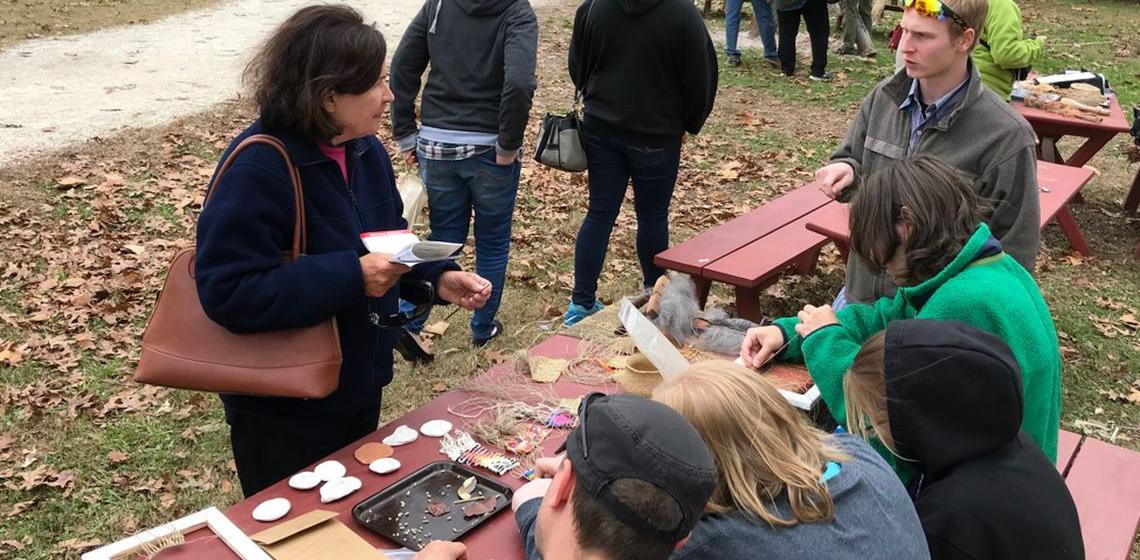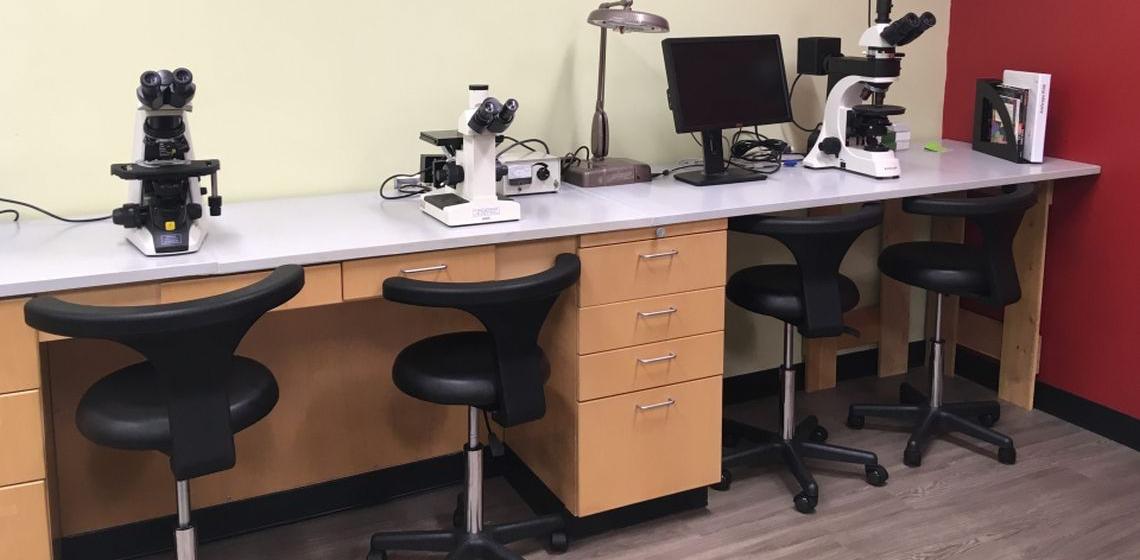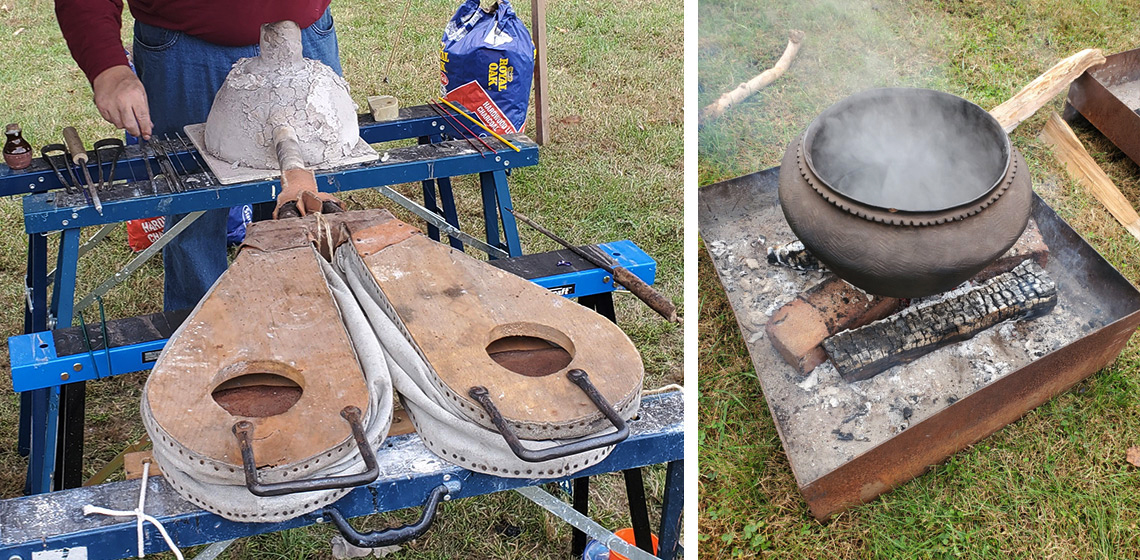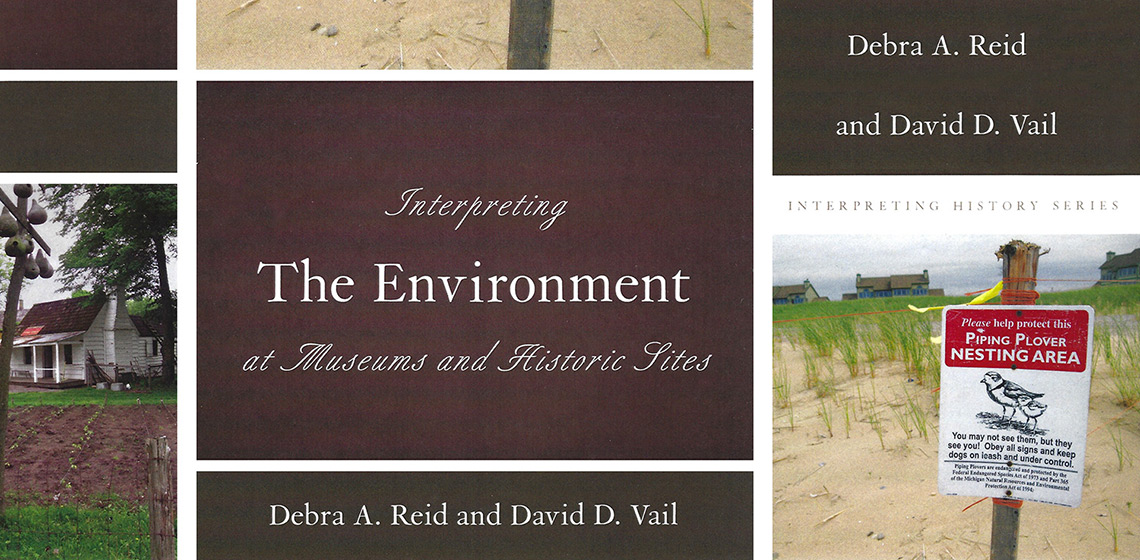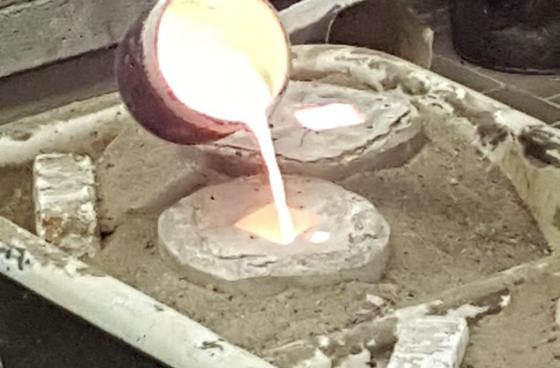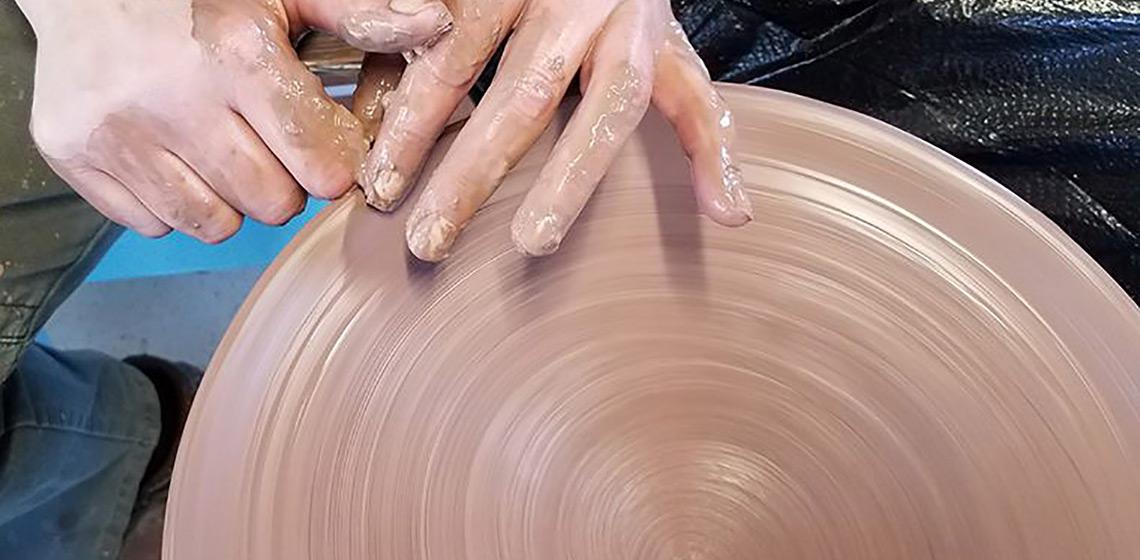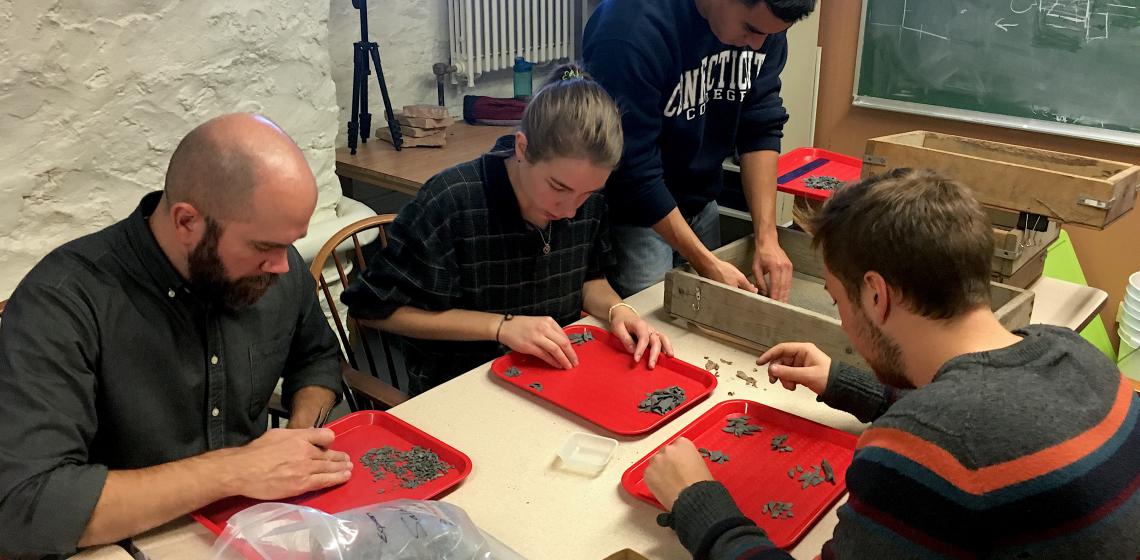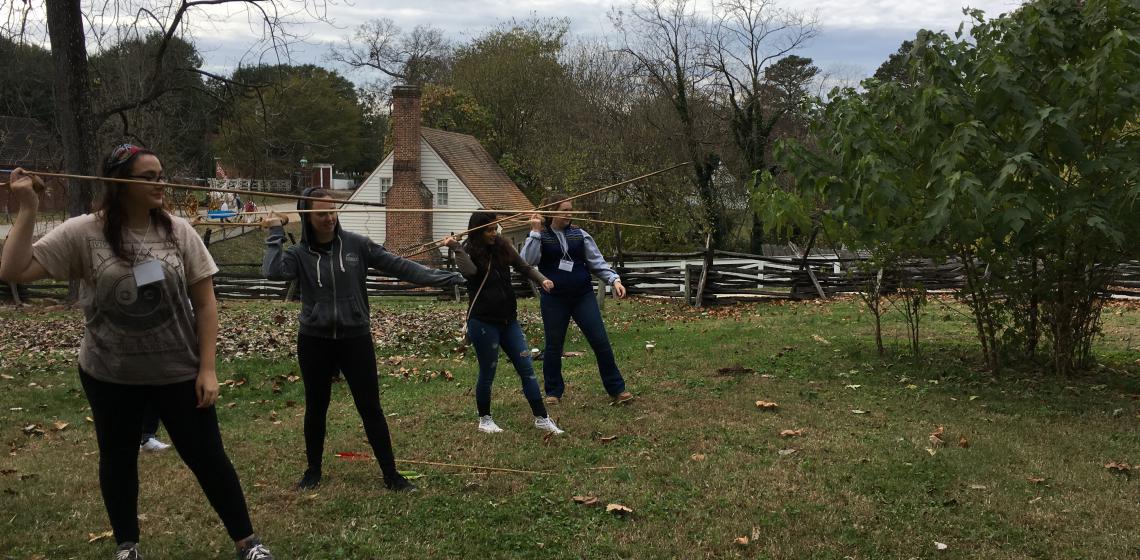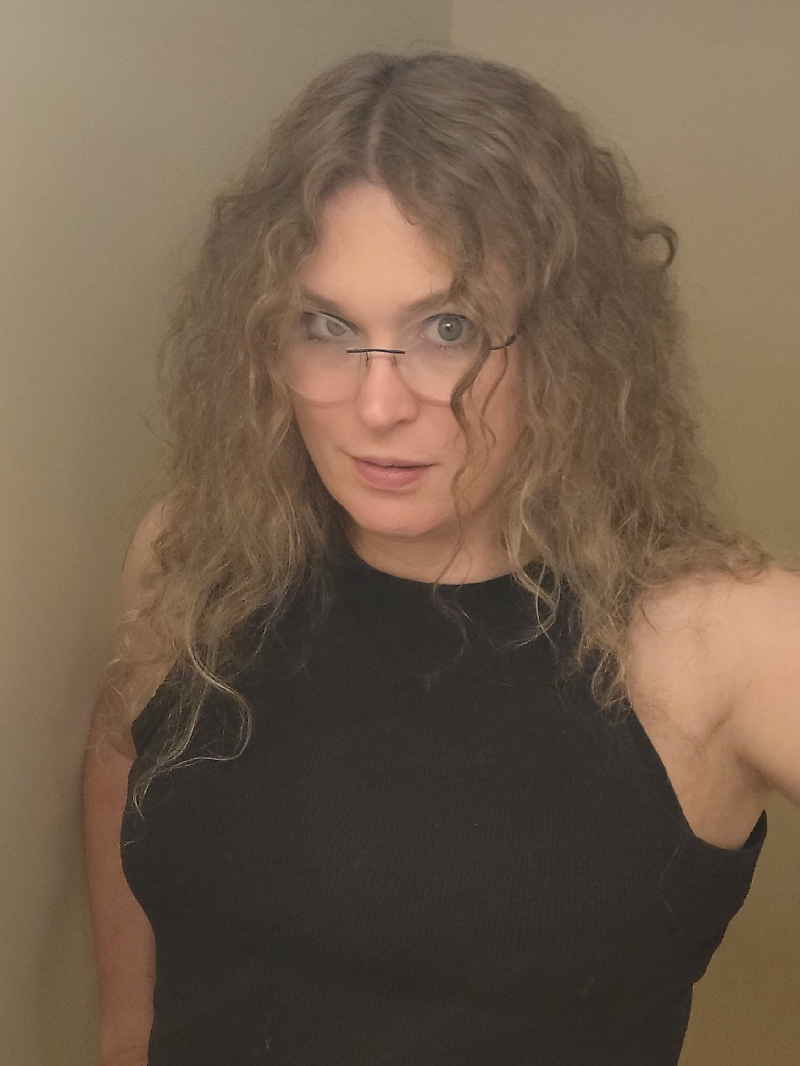Western Carolina University (US)
Western Carolina University has a combined Anthropology and Sociology department, with 10 full-time anthropologists on faculty. The program offers undergraduate concentrations in Sociocultural Anthropology and Linguistics, Archaeology, and Forensic and Biological Anthropology.
Experimental Archaeology is offered every 4th semester (odd-numbered years) and has historically focused on questions arising from archaeological research in the southern Appalachians and often focuses on aspects of Cherokee prehistory. Projects have focused on a wide range of technologies, including bone, chipped stone, ground stone, rivercane, ceramics and local clay processing, and cooking.

